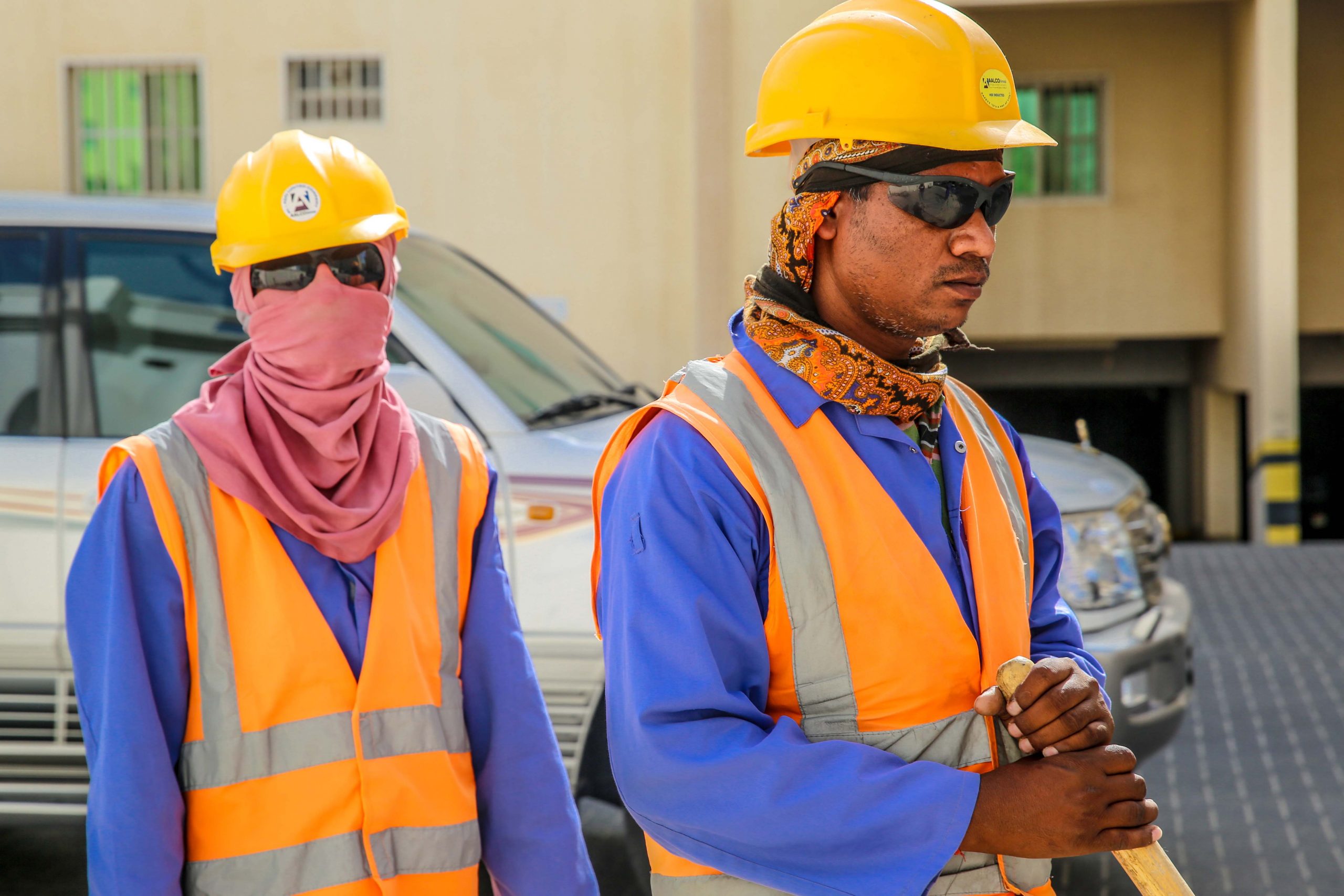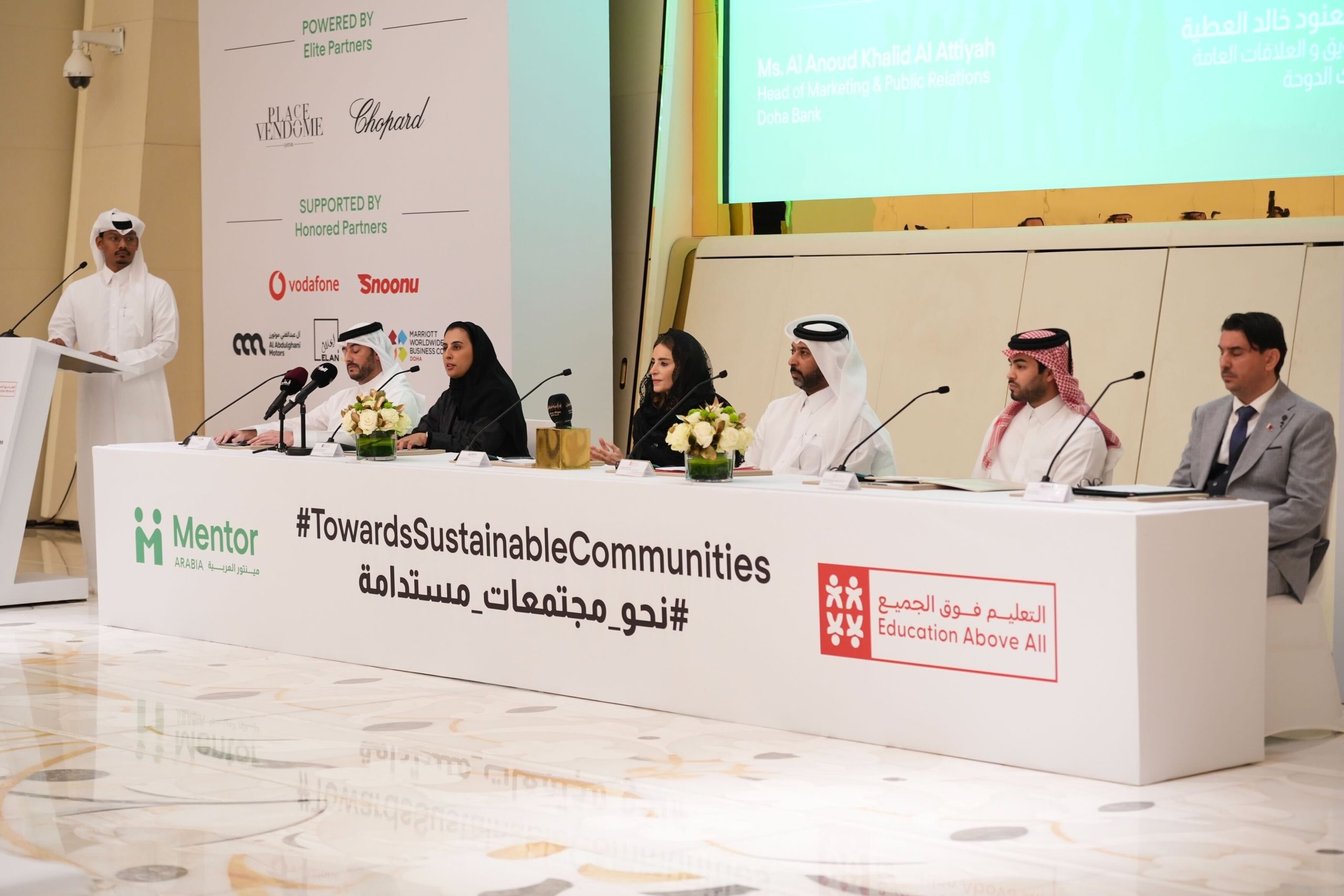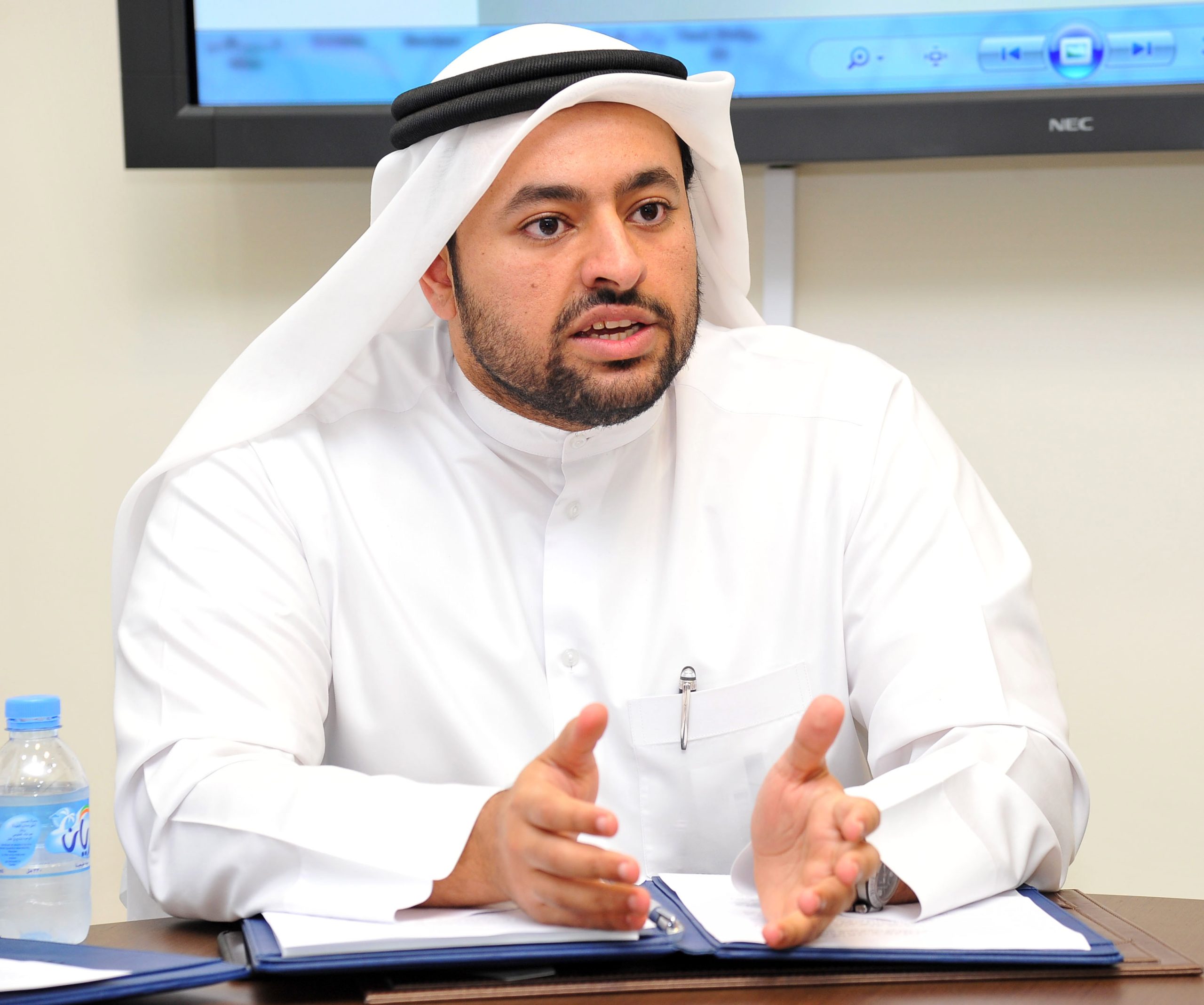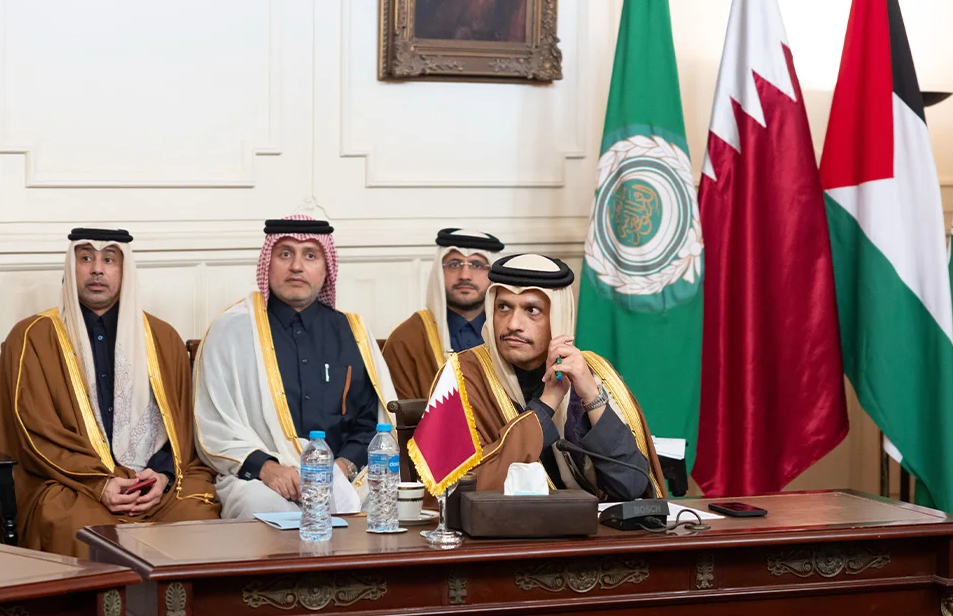Now more than ever, we are seeing workers invigorated and committed to making their stay in Qatar a success story, writes Houtan Homayounpour, Head of the International Organisation Project Office for the State of Qatar .
It is undeniable that 2020 has been a year that will be remembered and referred to in history books for the COVID-19 pandemic and its unprecedented repercussions on people’s livelihoods and the global economy.
However, this year will also be remembered for another chapter of history that was opened when Qatar undertook labour reforms to dismantle the kafala system.
In a country where the majority of the population is composed of migrant workers, these changes reflect Qatar’s determination to modernise its economy in line with the National Vision 2030.
As today – the 18th of December – we mark both Qatar National Day and International Migrants Day, it is important to highlight the significant positive changes these reforms will have on the migrant population, their families and the economy of Qatar.
Read also: Qatar celebrates National Day by thanking medics and frontline workers
A win-win-win scenario for businesses, workers and Qatar
Key laws adopted in 2020 meant that migrant workers in Qatar are now free to change jobs without having to obtain a No Objection Certificate (NOC) from their employer. The new laws, coupled with the removal of exit permit requirements for the vast majority of workers earlier in the year, dismantled the most problematic elements of the kafala – or sponsorship system. This marked the beginning of a new era for the Qatari labour market.
In addition, a new non-discriminatory monthly minimum wage of 1,000 Qatari riyals, applying to all workers, of all nationalities and all sectors, was established along with its provisions aimed at ensuring decent living standards for workers.
The recent labour reforms will act as a catalyst in reshaping the labour market and will serve as a vehicle to stimulate and diversify the Qatari economy.
By creating a more flexible labour market, businesses will be able to find the workers they need domestically with the skills and competencies required to enhance efficiency and productivity.
In a global competition for talent, Qatar is now in a position to attract and retain the best, which will also bring more investment.
In a consultation with business representatives earlier this year, one employer asked what would happen if he invested in training for his staff, and then they leave. Another employer, seeing the opportunity in these reforms, said “what happens if we don’t invest in nor train our staff and they don’t leave?”
Training and enhancing skills is a crucial step towards building a diversified knowledge-based economy.
This is a way to create a more competitive labour market and contribute to the overall well-being of migrant workers, recognising their contribution and sacrifice to the growth and development of Qatar.
Now more than ever, we are seeing workers invigorated and committed to making their stay in Qatar a success story, not only for themselves but for the country that hosts them.
Today, on the 18th of December we congratulate Qatar on its National Day and thank all migrant workers for their contribution to our countries and societies.
Working together we succeed.
Follow Doha News on Twitter, Instagram, Facebook and Youtube







